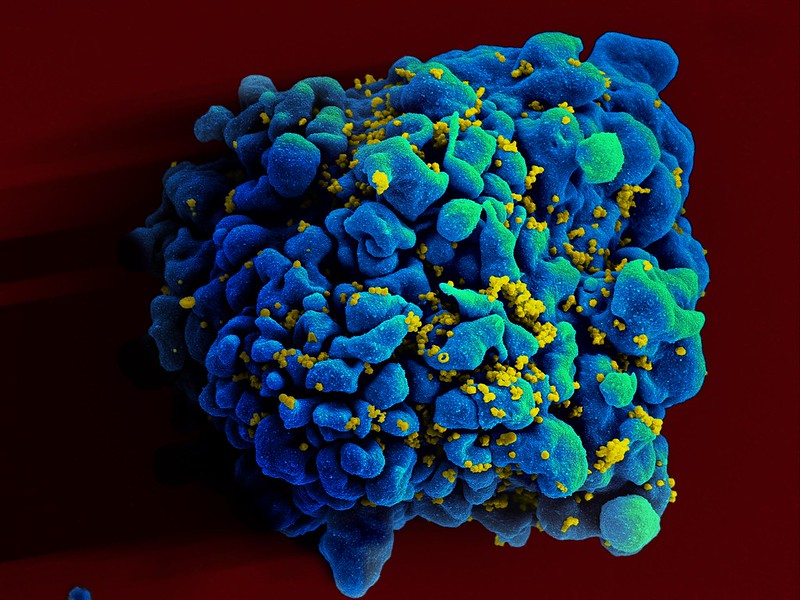Does NHI Spell the End for Medical Aid and Gap Cover?

South Africa’s National Health Insurance (NHI) Bill would, if passed in its current form, completely disrupt the medical sector in the country and would inevitably reshape the role of medical schemes as well as gap cover.
However, the implementation of NHI does not necessarily mean that medical aid and gap cover will no longer have a role to play, because there are many possible scenarios in which they will continue to be an important part of the landscape. It is important to understand your current coverage from both a medical aid and gap cover perspective so that when the NHI does come into effect, you can make an informed decision that will be best for your needs.
A long road ahead
Given the potential for the current NHI Bill to face legal challenges, we are driven by a shared responsibility to safeguard the health and well-being of all citizens. The risk of lengthy court battles cannot be underestimated, as they may inadvertently prolong the uncertainty and affect the timely implementation of essential healthcare reforms. According to Andre Jacobs, Marketing Manager at The People Company and Vice Chair of the FIA Health Exco, these challenges include constitutional, funding, affordability, policy and supply-side demand issues.
“There are also conflicting points of information within the current Bill that need to be resolved. For example, in Section 33, the Bill states that once NHI is implemented, medical schemes can play a top up role, which could mean different things. It could imply that they may only provide cover for anything that is not primary care, or that they may only provide specialised dentistry cover or advanced oncology treatment,” says Jacobs.
“However, if one reads the definition of a health service and a health product with section 2(a) of the NHI Bill, it states that all health services will be provided by the NHI Fund and that they are the single purchaser and provider of health services. Therefore, whilst section 33 provides a role for medical schemes, it would be impossible to operate,” he adds.
A matter of speculation
The reality is that it is yet to be determined what benefits the NHI Fund will provide. This means that the role of medical schemes, and therefore the role of gap cover, is a matter of speculation at present. The structure of the current medical scheme and gap cover range may need to be adjusted to align with the NHI offering that is enacted.
This may lead to the design of products moving toward a defined benefit structure where a particular medical intervention, such as a broken leg, has a defined benefit that is paid out irrespective of the amount of cover provided by the NHI. This amount could then be utilised to pay for a private procedure. It is also likely that high-cost treatments such as specialised dentistry or advanced cancer treatment or biological medicine will not be provided by the NHI Fund. However, the regulations post-NHI will dictate what can be offered.
“If we use overseas experience by way of example, there will be a role for both National Health and private insurance products, where the private cover will provide additional benefits to complement the base offering of the NHI. For example, we often see this as providing a fast track for certain elective procedures that a person may need to address due to personal circumstances,” says Tony Singleton, CEO of Turnberry Management Risk Solutions.
Make sure you are covered in any eventuality
“The goal of expanding universal healthcare should be supported, but rather than abolishing private healthcare, South Africa should leverage the private sector to expand the level of universal health cover. We can develop a dualistic healthcare system with the same universal coverage elements based on social solidarity principles, with a healthcare system that is accountable to the communities it serves. Transitioning to a more equitable healthcare system demands not only sound policy decisions, but also a shared commitment to overcoming societal attitudes and cultural beliefs that might hinder progress,” says Jacobs.
Private medical schemes are an asset that should be leveraged to drive healthcare innovation and foster advancements for the broader healthcare sector, and the healthcare system needs to provide meaningful choices through an accessible, inclusive, and adaptable system that caters to the diverse needs and preferences of the population.
Gap products currently play an important role in protecting your financial wellbeing in the event that medical expenses exceed what medical schemes will reimburse. In the current landscape, where the future state of the NHI is uncertain, there is still a definite need for both medical aid and gap cover to ensure access to quality private healthcare. In addition, gap cover for the use of non-Designated Service Providers (DSPs) will continue to be important even after a National Health product comes into effect.
“Before making any decisions, it is important to understand the cover provided by your medical aid and to understand any limitations that your plan may have. To assist you with this, it is useful to have your financial advisor review your medical aid coverage. They will be able to identify the type of gap product that will be most complementary to your Medical Aid plan whilst at the same time understanding your family’s unique health and financial situation,” Singleton concludes.
About Turnberry Management Risk Solutions
Founded in 2001, Turnberry is a registered financial services provider (FSP no. 36571) that specialises in Accident and Health Insurance, Travel Insurance, and Funeral Cover. With extensive experience across healthcare and insurance industries in South Africa, Turnberry offers unsurpassed service to Brokers and clients. Turnberry’s gap cover products are available to clients on all medical aid schemes, as they are independently provided and are therefore transferable in the event of a change in the client’s medical aid scheme. Turnberry is well represented nationally, with its Head Office based in Bedfordview, Johannesburg with Business Development Managers in Cape Town and Durban. The Turnberry Team’s focus on outstanding client service comes from having extensive knowledge and experience in the financial services sector and is underwritten by Lombard Insurance Company Limited. Lombard Insurance Company Limited is an Authorised Financial Services Provider (FSP 1596) and Insurer conducting non-life insurance business.





